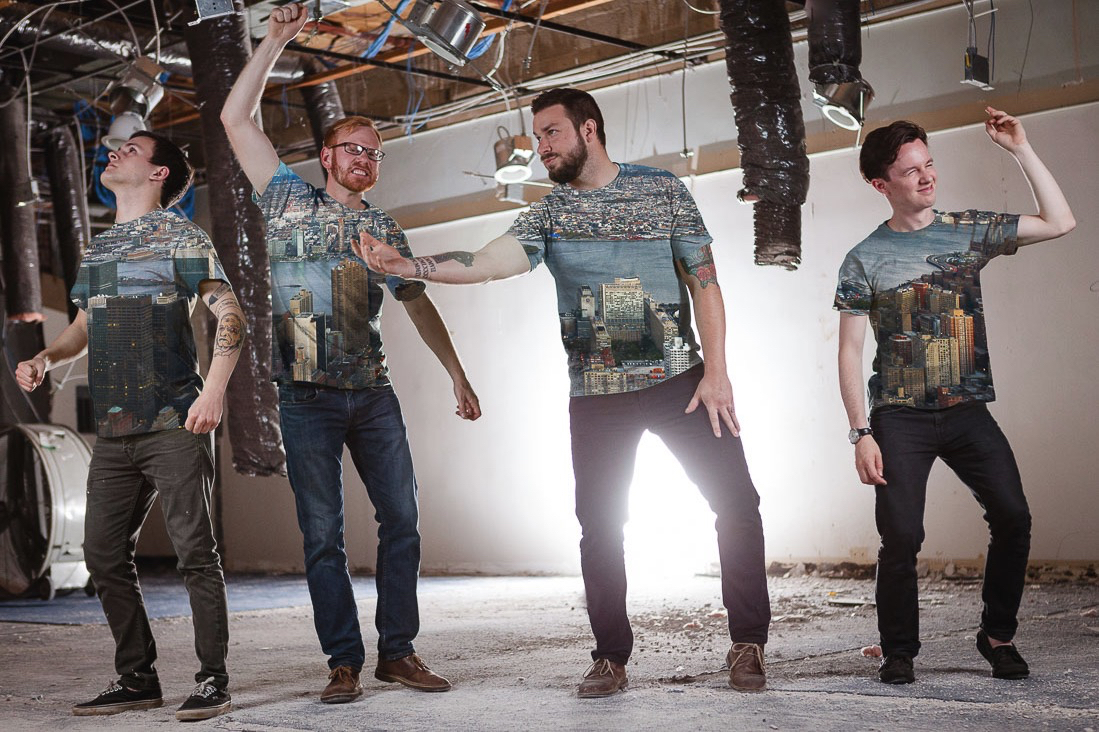“Will you photoshop my images”–it’s a question I am asked on a weekly basis. The answer is “yes” and “no”. Photoshop, from our viewpoint, presents some ethical grey areas concerning our responsibilities to our clients, the culture at large, and our own moral compass. You may think we’re over-analyzing, but consider that we’ve made it our job to think about the impact of a single moment in time, across many, many subsequent moments. It’s worth considering.
Photoshop is a tool like any other. Specifically, it is an image manipulation tool. It can be used for “good” or “bad” without making any statements about it’s inherent self. In other words, its neutral. But, what happens in the minds and reactions of people who see a manipulated image versus a ‘genuine’ one are a worthwhile topic of consideration–one that we take seriously.
The question for us largely circles around the purpose of the images.
What makes these images important?
The answer to the question of whether to Photoshop or not, for us, revolves around the question of purpose. What makes these images worth capturing in the first place? If the images are for posterity in some way, such as family portraits, private events and weddings, then it’s important to think about that posterity. What do they need from the images?
We all like to look thinner, with better skin, brighter eyes and perfect hair. But that’s not who you are, and I don’t need to know you to feel certain that that’s true. Whether we like it or not, our posterity is going to compare themselves to us. Should we be giving them a manipulated version of ourselves? Should we be giving them the impression, by comparison, that they’re not good enough the way they are? No, of course not–we shouldn’t even be treating ourselves that way.
While images for business purposes are a little different, the same basic rules apply. Are you trying to manipulate an image to artificially alter a reality that might change the mind of a potential customer? Will a sexier sales staff get more leads? Will the product sell better if the black finish was smoother? If those things are true, then hire a sexier sales staff and make the product finish a smoother black.
What do you want to change about the images?
Piggy-backing on the question of the images purpose, is what it is about the images you want to adjust? Do you want to look thinner, have better hair, smoother skin or brighter eyes? Probably–I do. Do you want to look like a mythical version of yourself? Probably not if I phrase it like that. More likely, you want to look like the version of yourself that exists in your mind’s eye. Or maybe you just want to look a little more like you usually do, and not the way you did the morning of your shoot–with a hangover and a meeting starting in 20 minutes.
As I implied before, it’s that mythical version of yourself which stands to do harm to posterity. But, realistic corrective measures–”context corrections”–can be a different story.
Context
The rise of an aggressive pimple is a kind of context that’s truly momentary. It represents such a short period of time that had no discernible effect on your life. A person suddenly walking into the background of your family photo is a context that’s momentary. Cloudy skies, a stain on the wall in the background, lint on your sport jacket, a blinking eye in an otherwise excellent image–these are all contexts that are momentary and to correct them can bring an image closer to the aggregate of time when the image was taken.
So context matters a lot. In many kinds of photography, the context can drift without affecting the results. But, some images might have a specific purpose. It might be important to eliminate shadows, or maybe it’s necessary to remove lint from a suite coat for a headshot.
Just don’t try to pull a fast one
At the end of the day, we believe that photography is important to individuals, families, businesses and society at large. That the value photography delivers, is jeopardized by attempts to conceal important truths.
So, will we photoshop your images?
Maybe. We want to have a discussion about the intentions of heavy image manipulations before we perform them for our customers. We want to avoid propagating the world with unrealistic and unfair ideas about beauty and self. We do not want to be party to any attempt to pull the wool over the eyes of someone with an interest at stake.
Feel free to comment below and share your thoughts. Or reach out and discuss these issues with us directly. We feel this is an important discussion and one worth giving our time and attention to.





